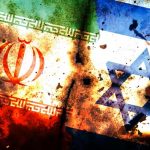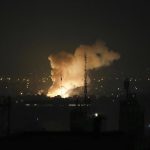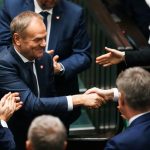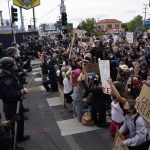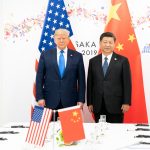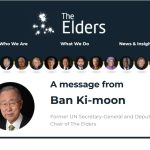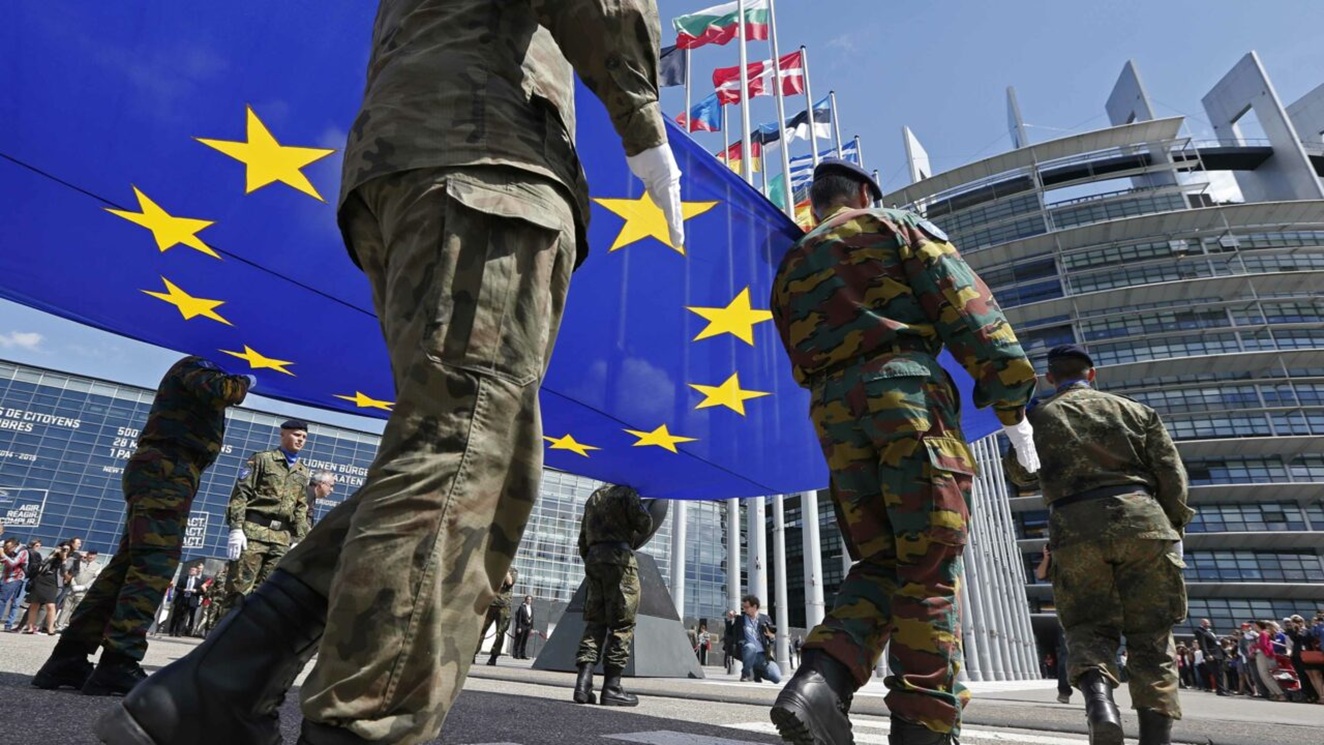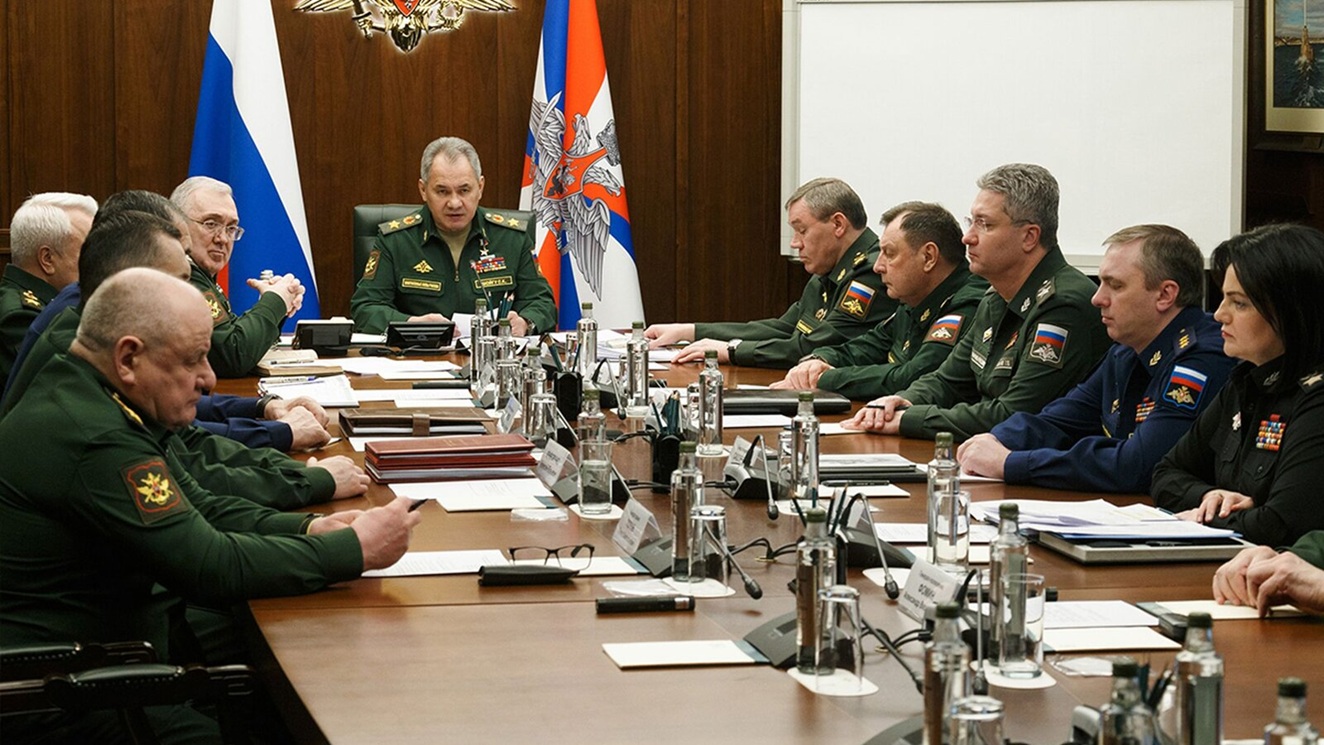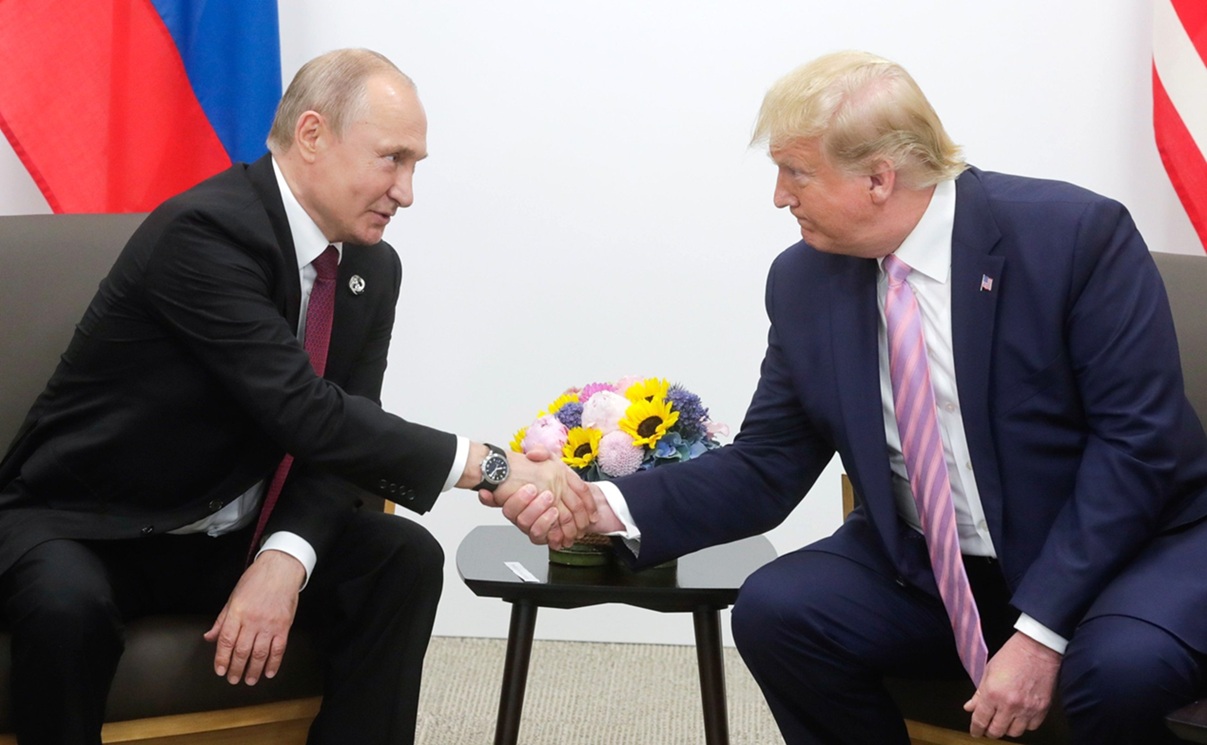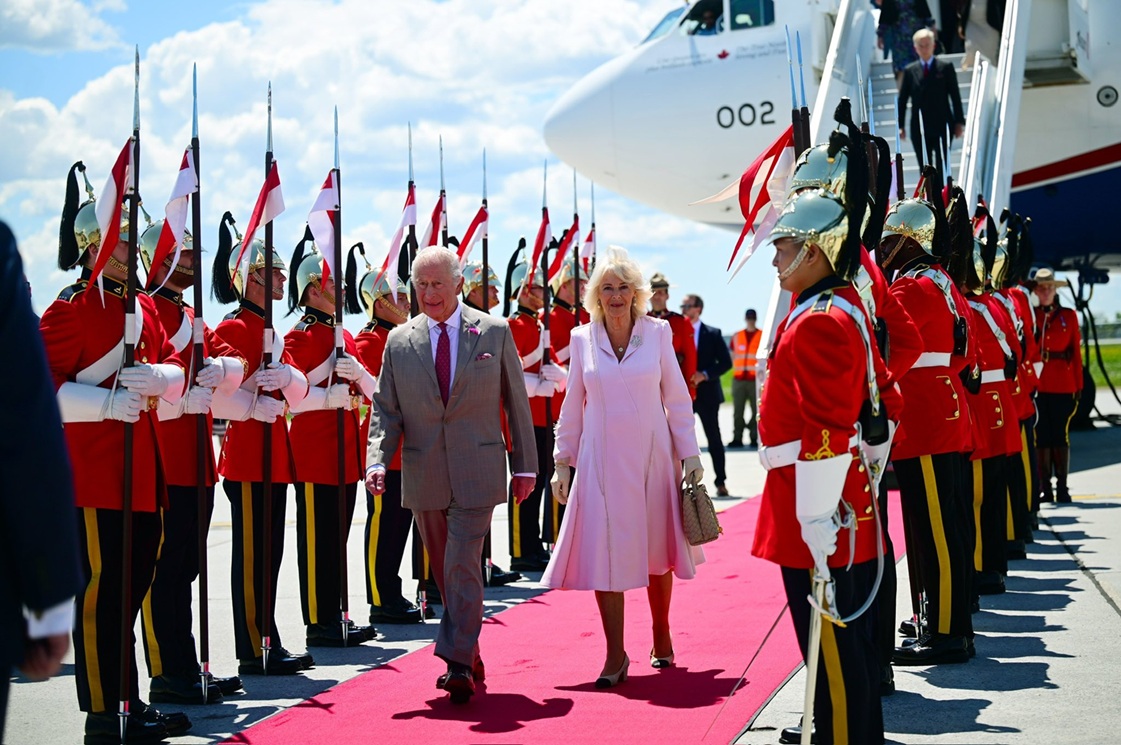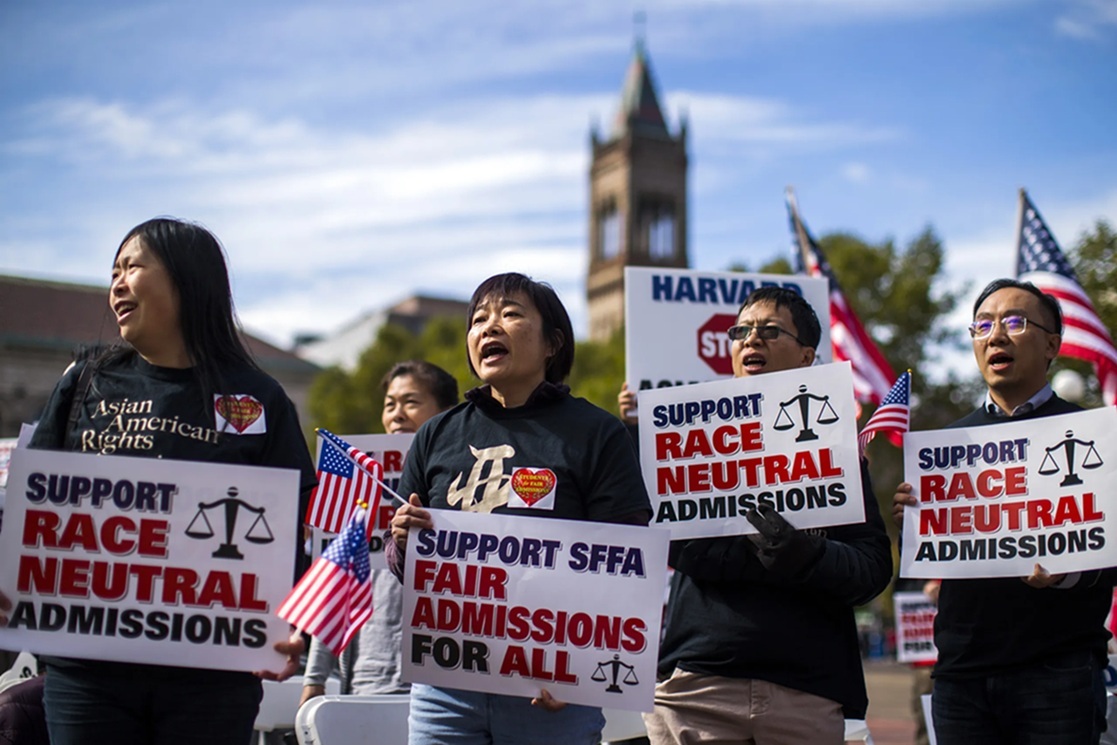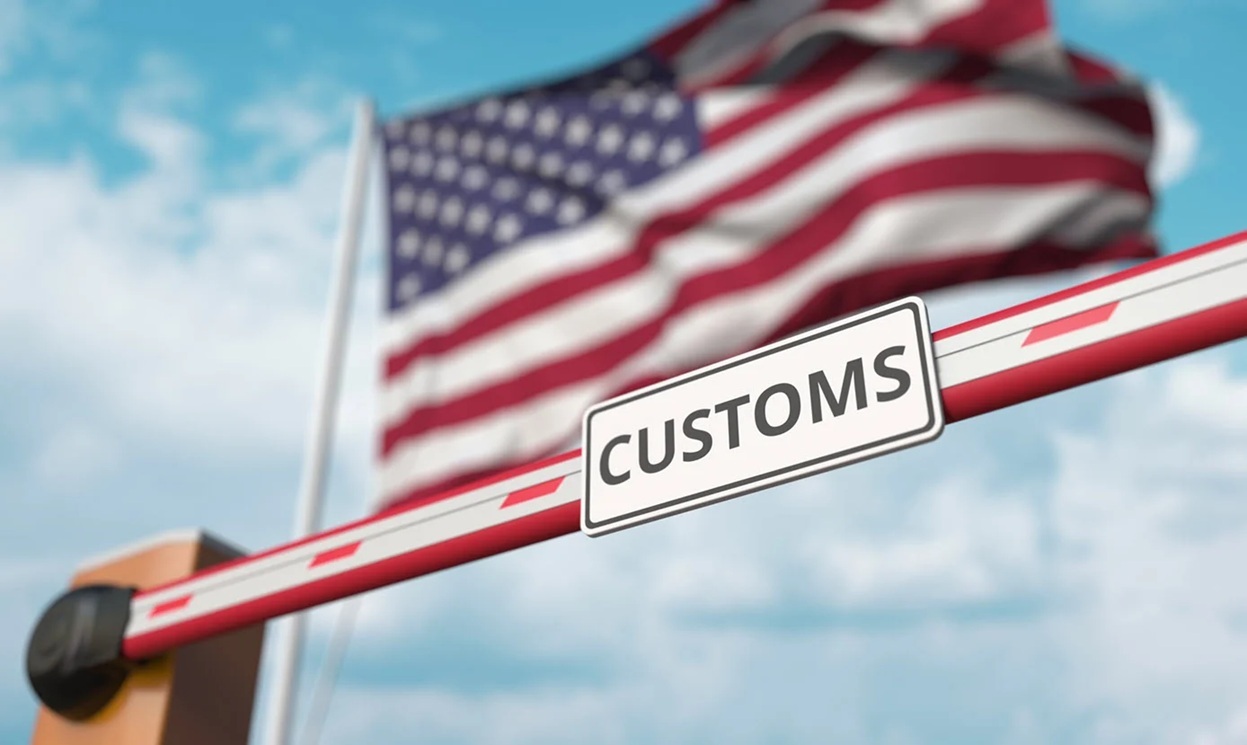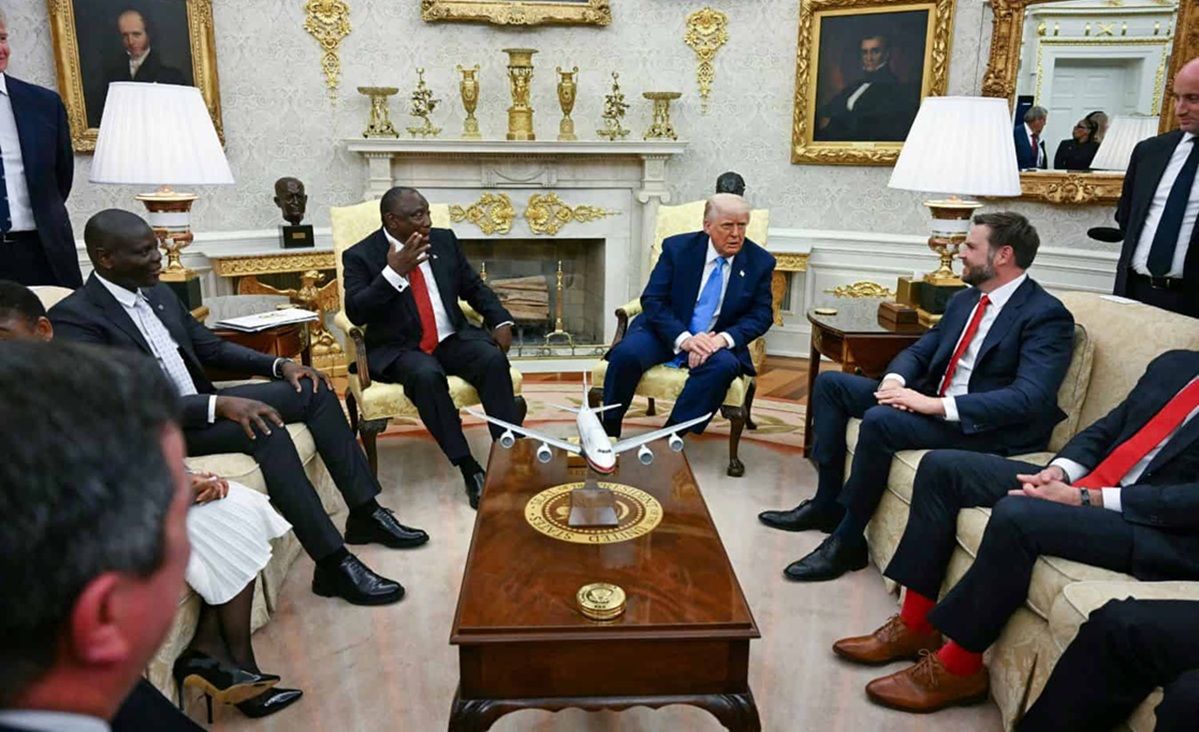Gaza is a stain on the world’s conscience. President Biden can still change course
Statement: More than a year since the war between Israel and Hamas began, there is no end in sight. Israel is conducting one of the deadliest and most destructive military campaigns in recent history, with massive US support. Yet Hamas maintains influence in Gaza, the war has escalated regionally, and Israel is no safer.
Civilians are paying an intolerable price. We are witnessing an unprecedented level of human suffering in Gaza that will only breed more desperation and more violence.
The siege in northern Gaza is putting the remaining population there at risk of an “imminent and substantial likelihood of famine”, as warned by the independent Famine Review Committee.
There is no military solution. We urge Israel to end its aggression and Hamas to release the remaining hostages, whose continuing detention we condemn. Only negotiation can end this war.
President Biden’s attempts to restrain Israel have not worked. He has chosen not to deploy all the leverage at his disposal. His administration has continued supplying offensive weapons when there is overwhelming evidence that Israel is persistently violating international humanitarian law, in contravention of US law and policy.
President Biden must finally do the right thing: stop transferring weapons to Israel.
Israel’s actions point to ethnic cleansing and a deliberate effort to redraw the map by creating buffer zones, forcibly displacing Palestinian inhabitants, and rendering large swathes of territory uninhabitable.
It is for an international court to decide whether Israel’s acts constitute genocide. States must not wait for a final determination. Acting now to prevent genocide is their legal obligation.
We welcome the issuing of arrest warrants by the International Criminal Court (ICC). It is right that the leaders of Israel and Hamas are held accountable for their actions. All member states are legally obliged to assist the ICC with any requests for arrest and surrender.
Those arming the warring parties in the knowledge that atrocity crimes are being committed are also implicated.
Ending the conflict requires not more weapons, but an end to impunity, and a plan for peace that moves us toward a two-state solution. Regrettably, this week the Biden administration vetoed a fourth UN Security Council resolution demanding a ceasefire in Gaza (just a day after Russia was rightly condemned for rejecting a similar resolution on Sudan). The USA is isolated in the Security Council on the conflict in Gaza.
We commend the steps taken by the USA, UK, Canada and other states to tackle extremist settler violence in the West Bank by imposing targeted sanctions. Such sanctions must now target those in the Government of Israel who are pursuing ethnic cleansing and annexation.
Sanctions should also continue to be imposed against Hamas and other armed groups indiscriminately attacking Israeli civilians.
Recognition of the State of Palestine is a vital step towards a two-state solution that should not depend on peace negotiations. The UK, France and all other countries should recognise Palestine without delay, if they have not already done so. The USA should not veto the Security Council recommending full Palestinian membership of the UN.
We know from our own experience as former leaders that the final days in office can bring moments of deep reflection. President Biden has the opportunity now to find the courage to take bold and just decisions.
22/11/2024
Juan Manuel Santos, former President of Colombia, Nobel Peace Laureate and Chair of The Elders
Ban Ki-moon, former UN Secretary-General and Deputy Chair of The Elders
Graça Machel, Founder of the Graça Machel Trust, Co-founder and Deputy Chair of The Elders
Gro Harlem Brundtland, former Prime Minister of Norway and former Director-General of the WHO
Helen Clark, former Prime Minister of New Zealand and former head of the UN Development Programme
Elbegdorj Tsakhia, former President and Prime Minister of Mongolia
Zeid Ra’ad Al Hussein, former UN High Commissioner for Human Rights
Hina Jilani, Advocate of the Supreme Court of Pakistan and co-chair of the Taskforce on Justice
Ellen Johnson Sirleaf, former President of Liberia and Nobel Peace Laureate
Denis Mukwege, physician and human rights advocate, Nobel Peace Laureate
Mary Robinson, former President of Ireland and former UN High Commissioner for Human Rights
Ernesto Zedillo, former President of Mexico







